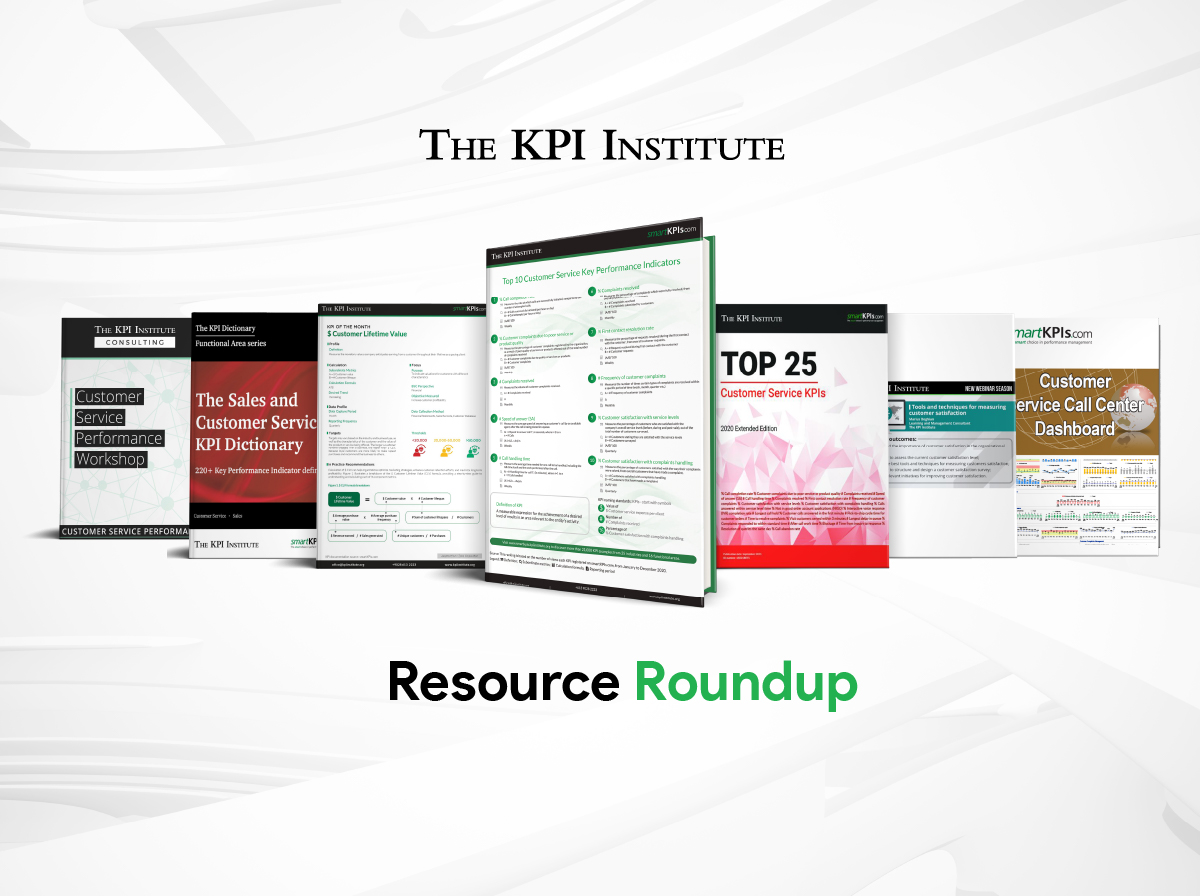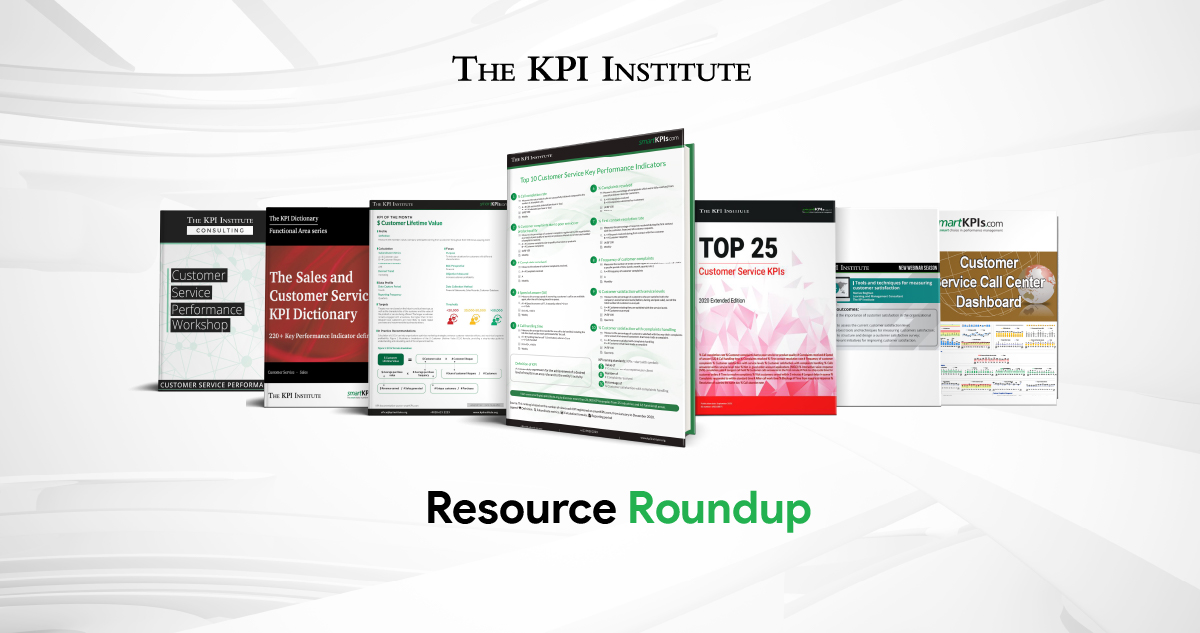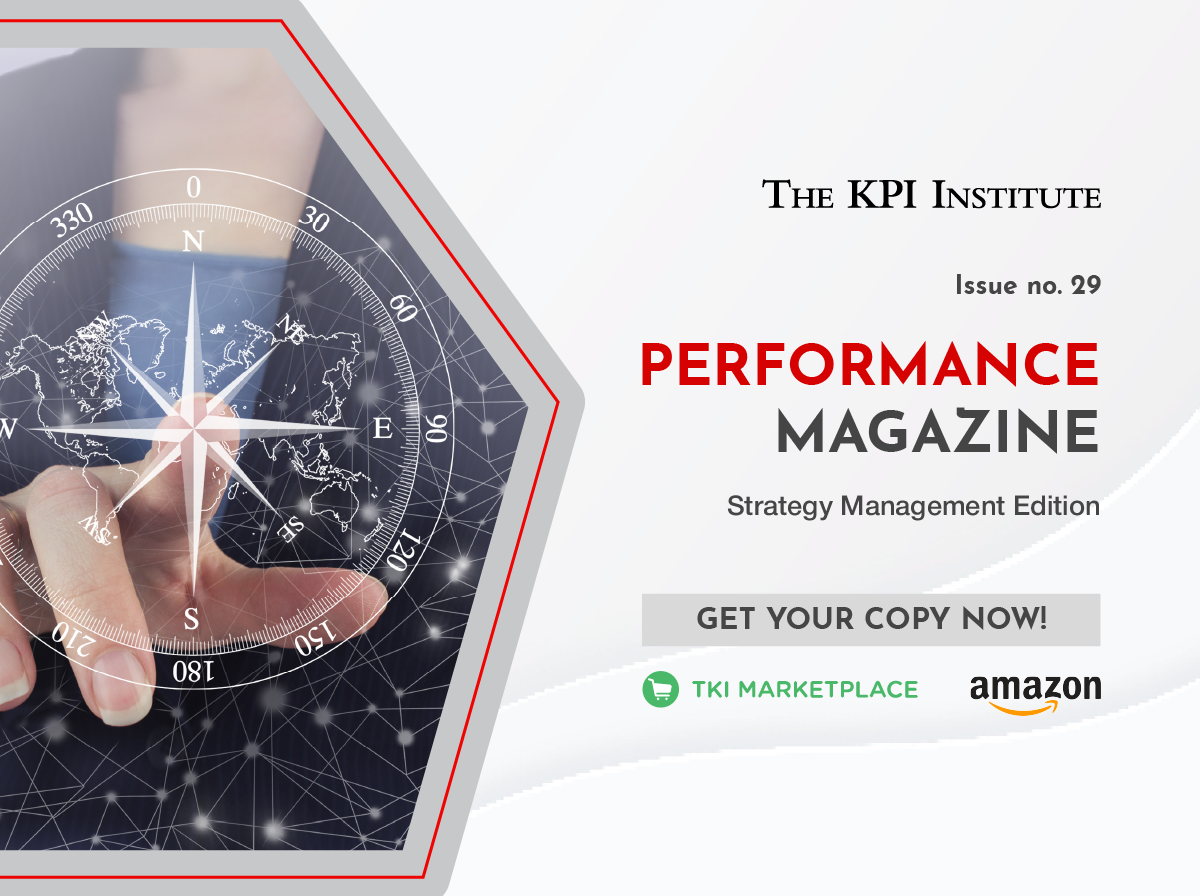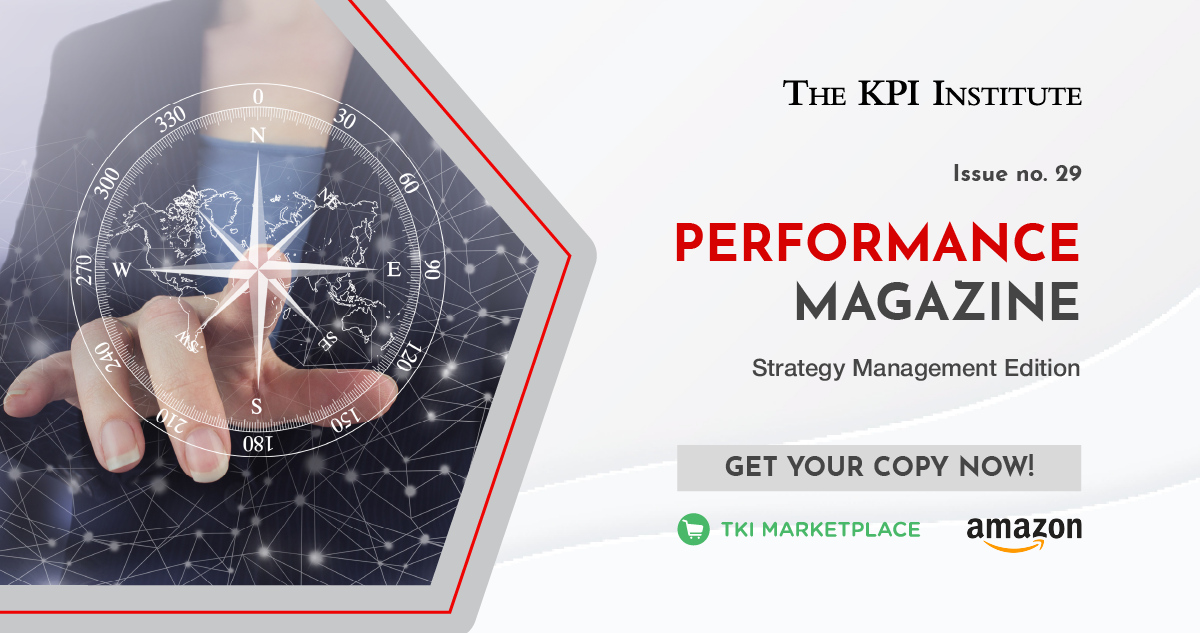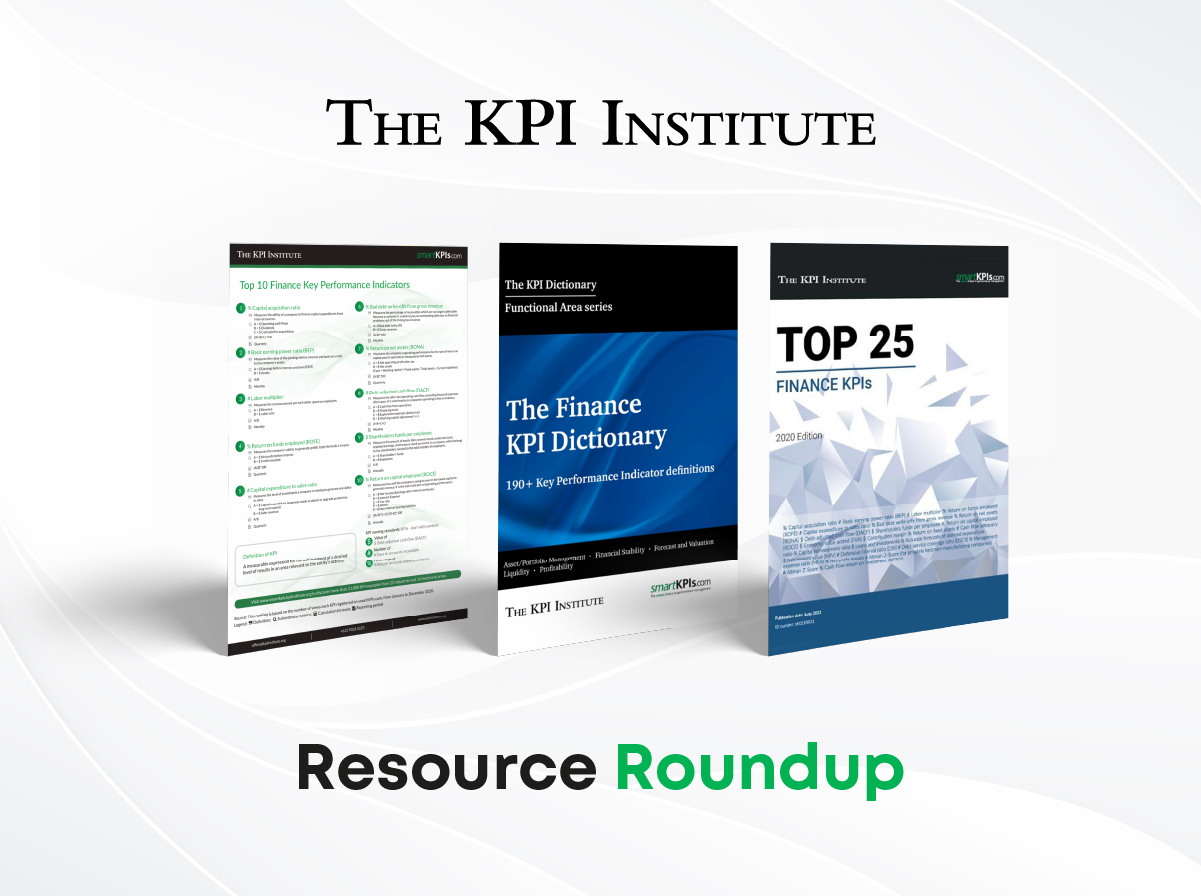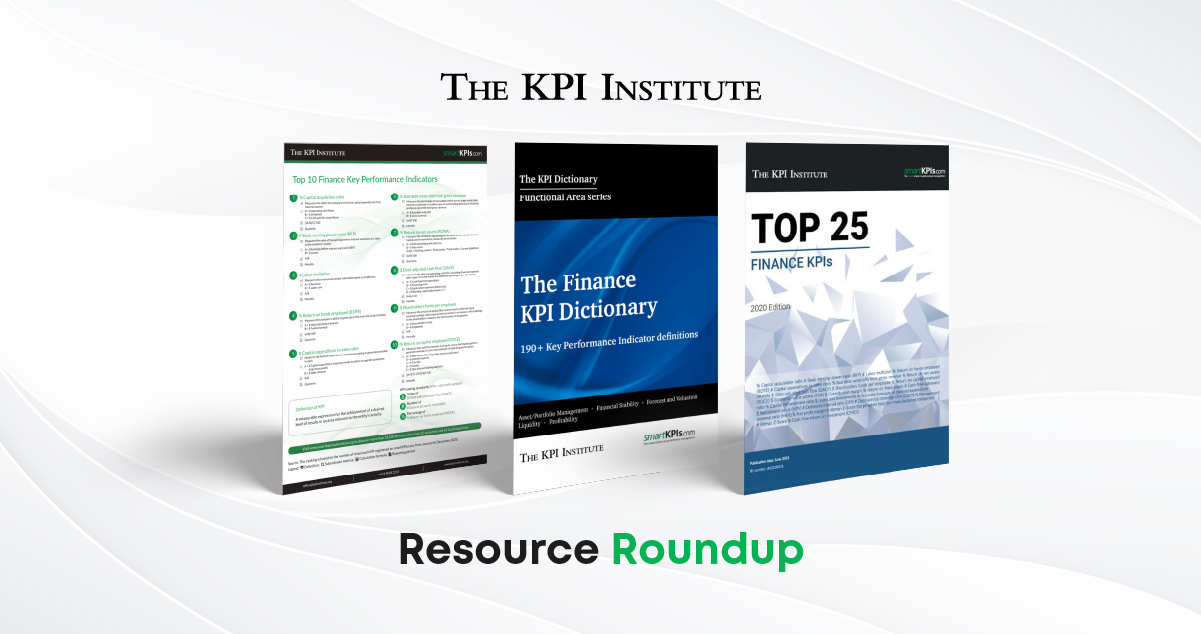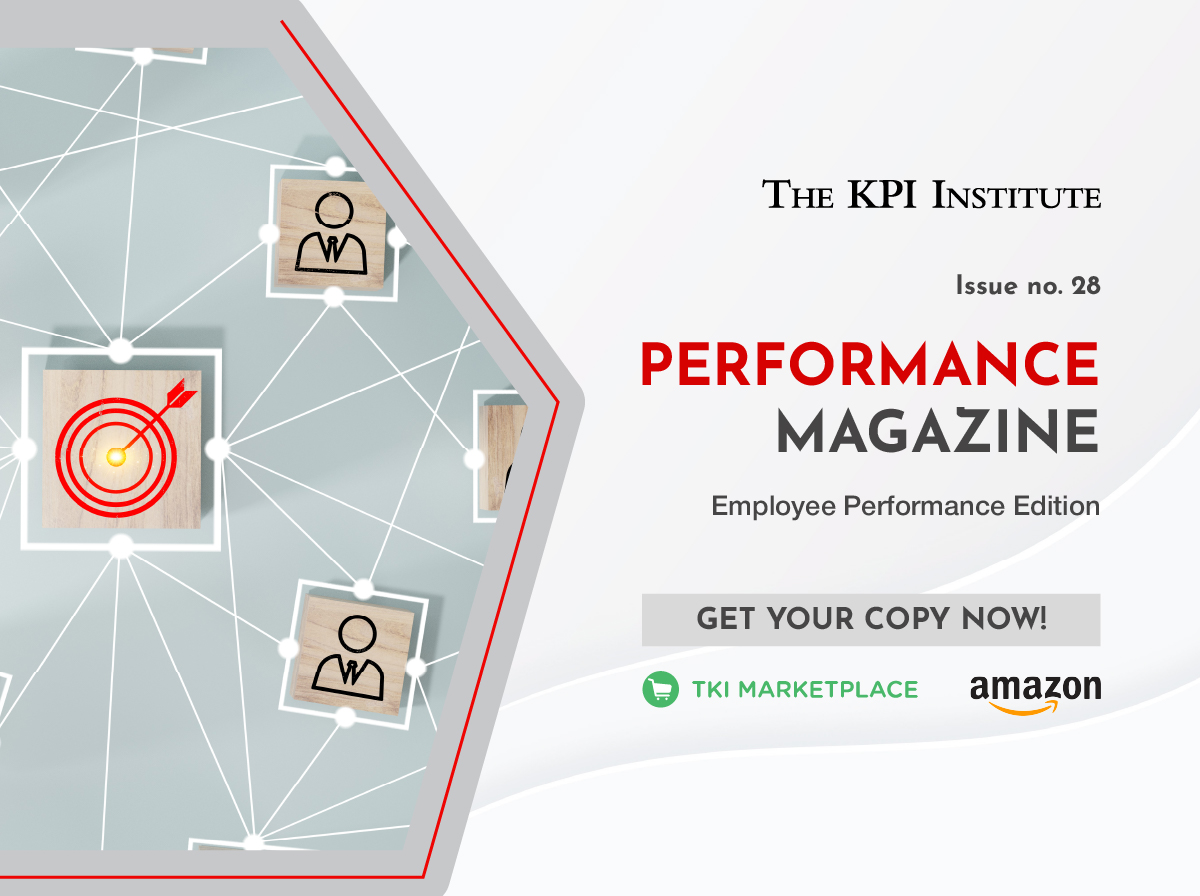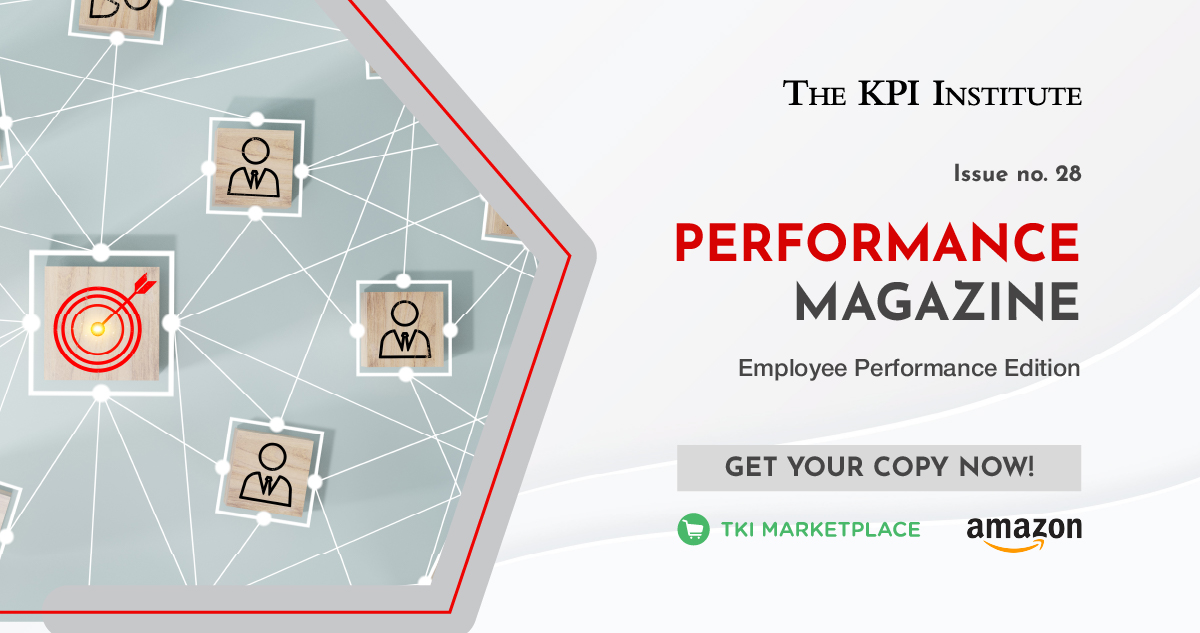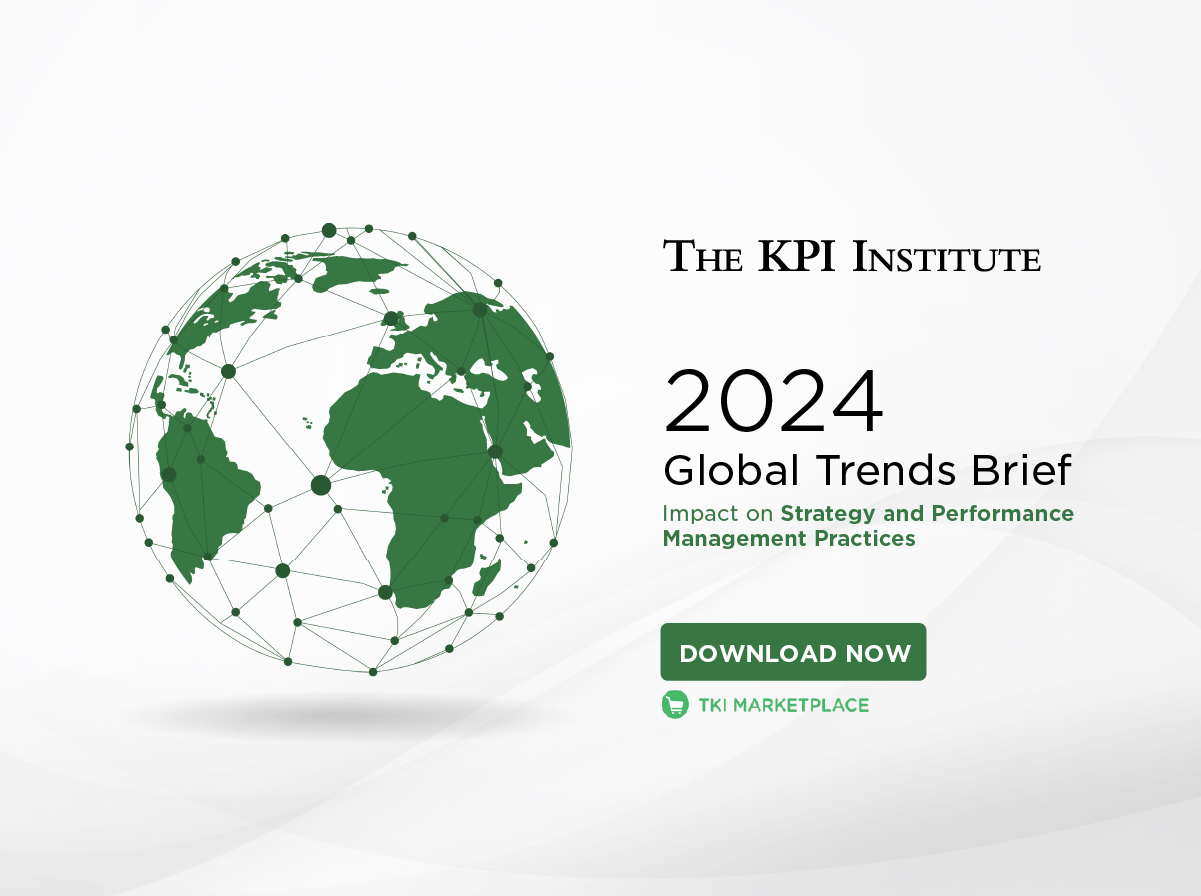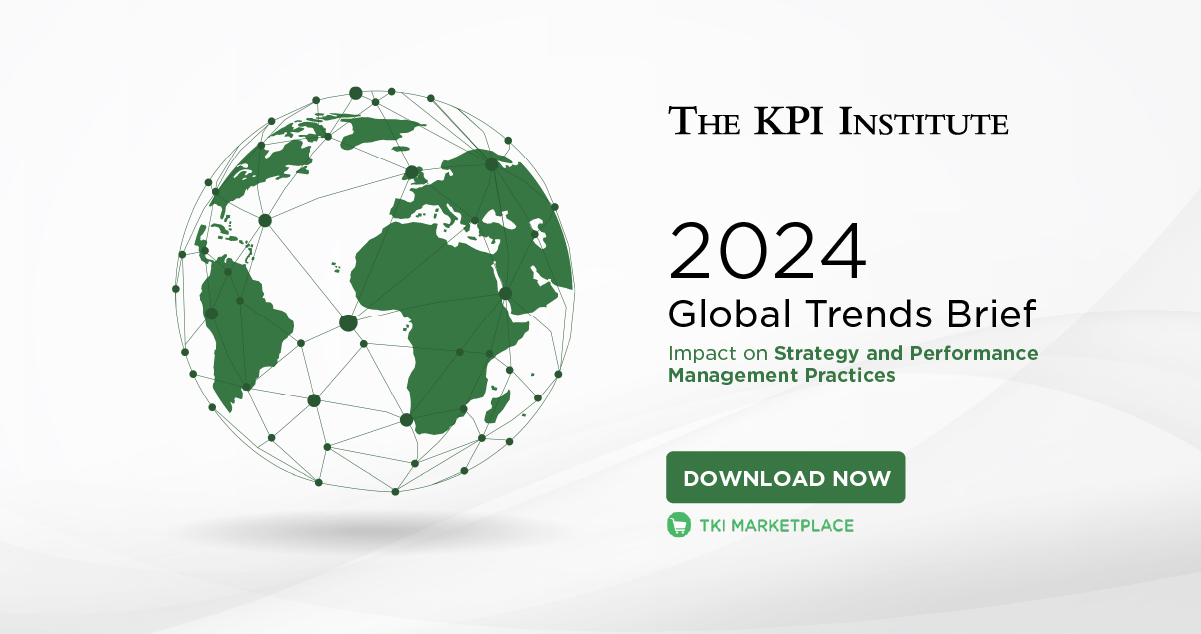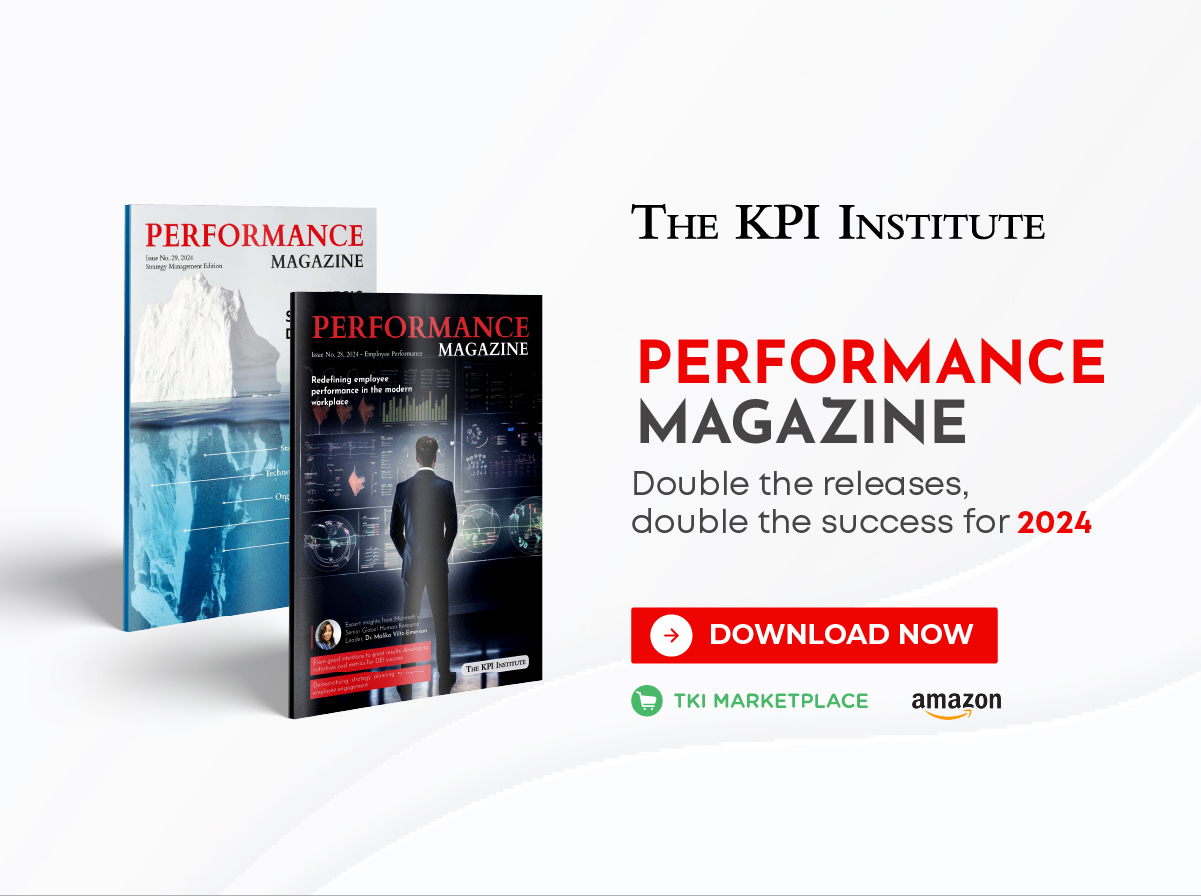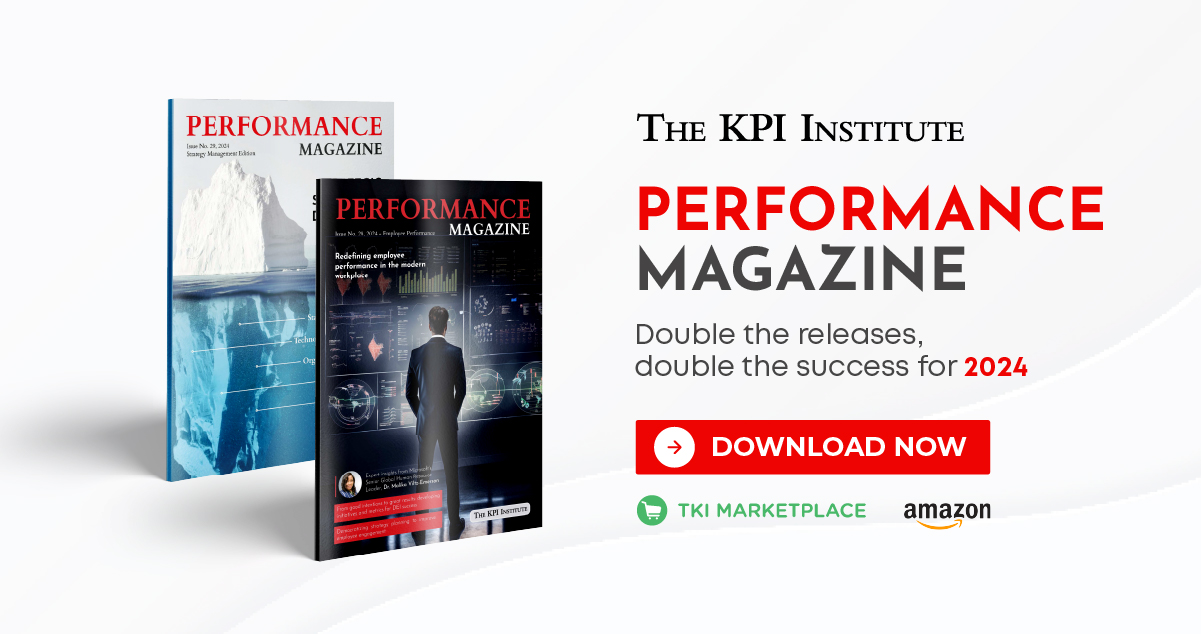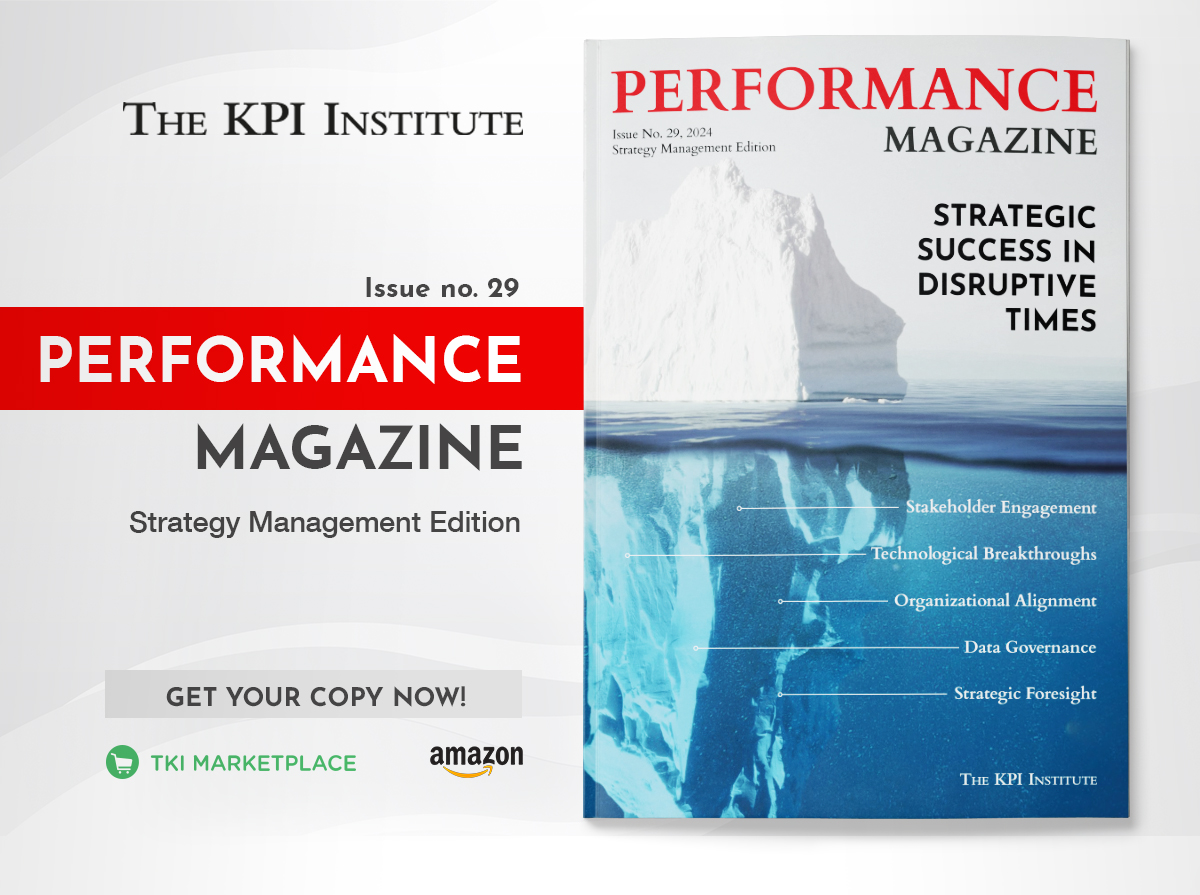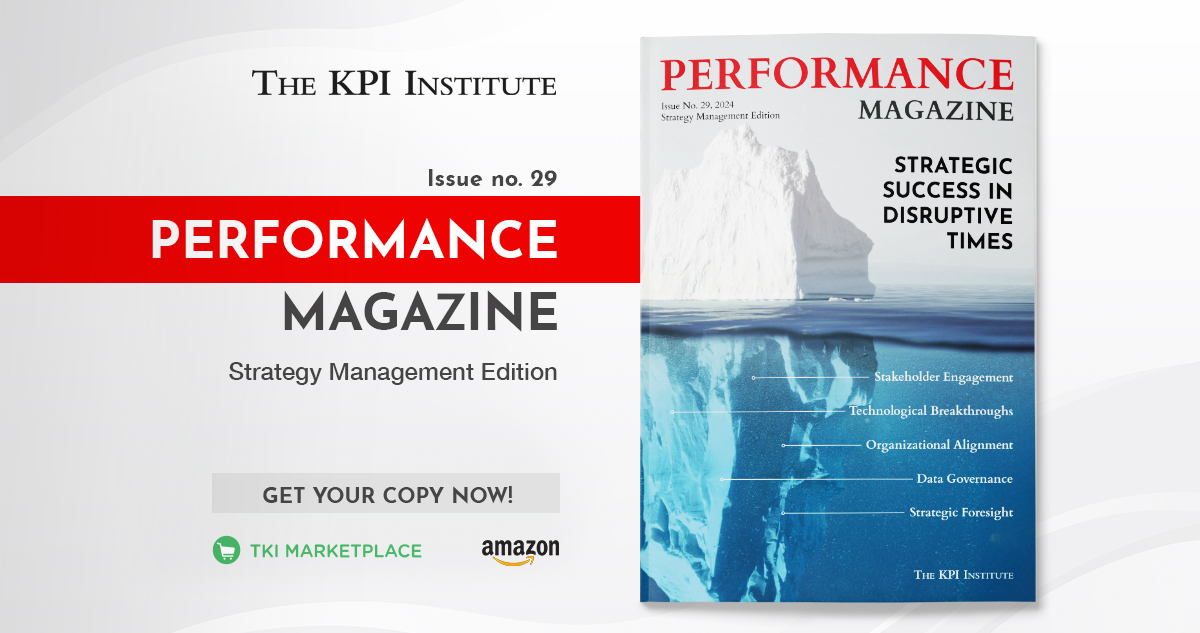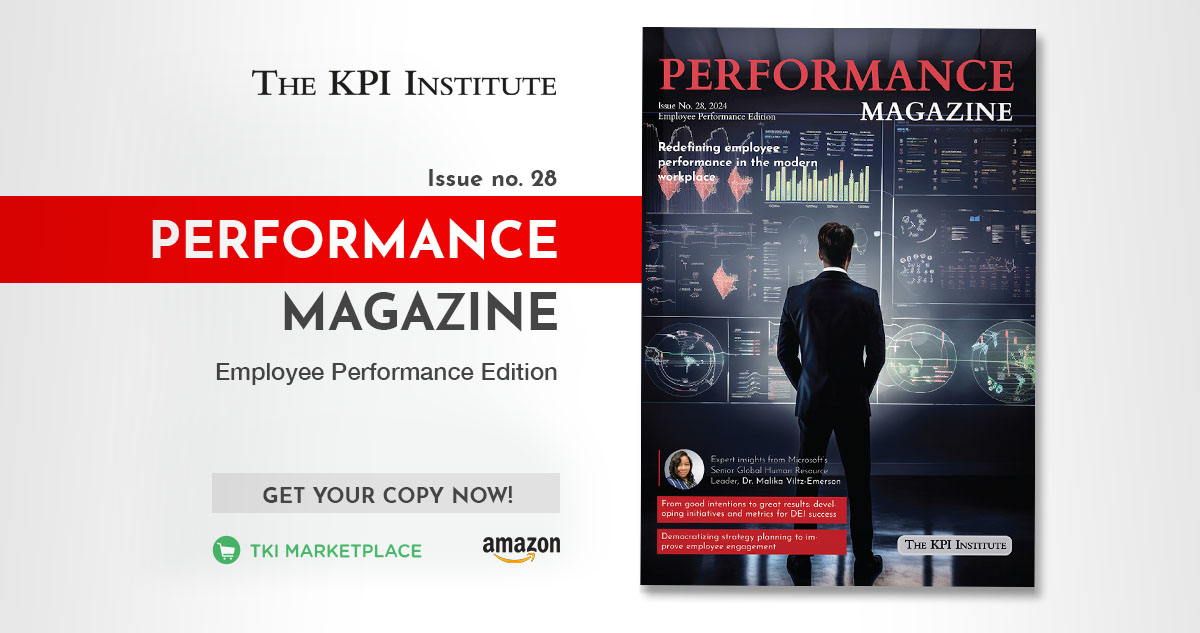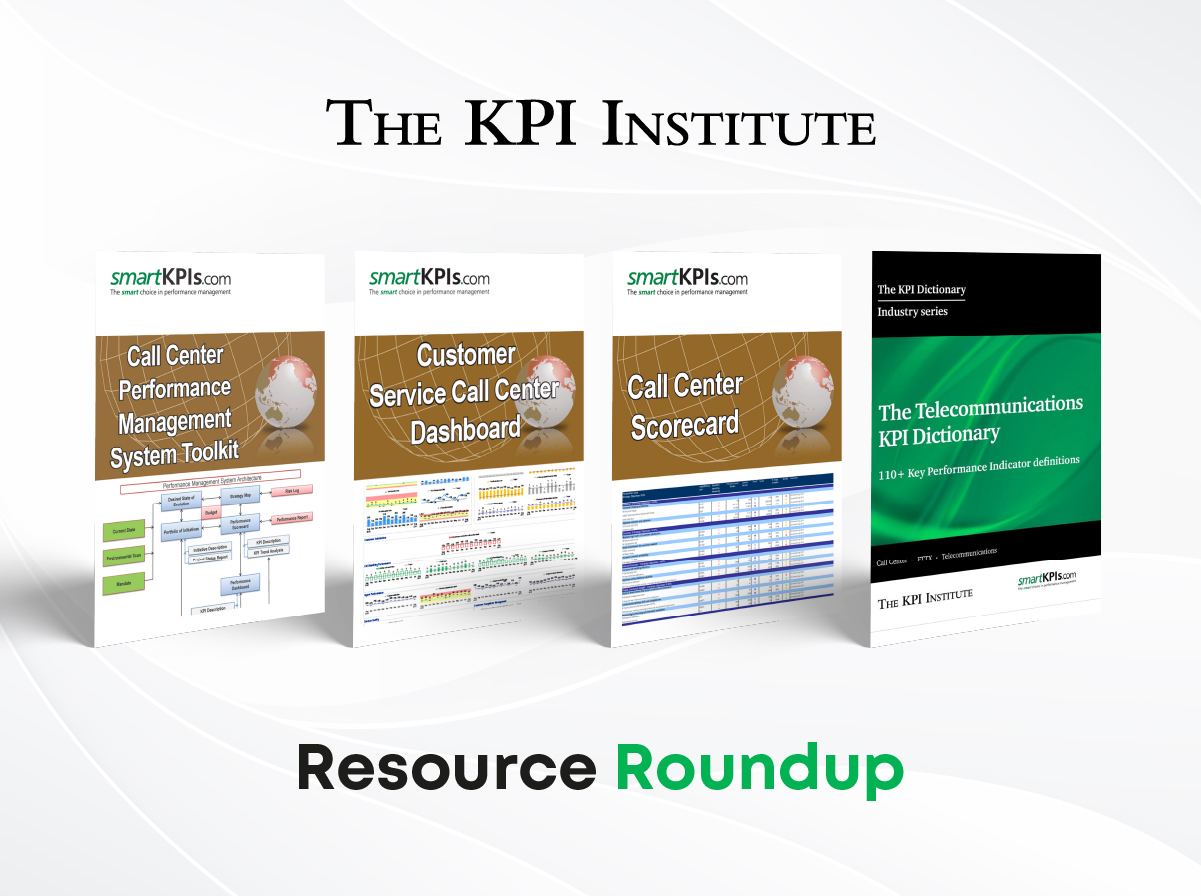
Resource roundup: performance measurement insights in telecommunications
July 26th, 2024 Posted by Kimberly Tilar Publications, Research 0 thoughts on “Resource roundup: performance measurement insights in telecommunications”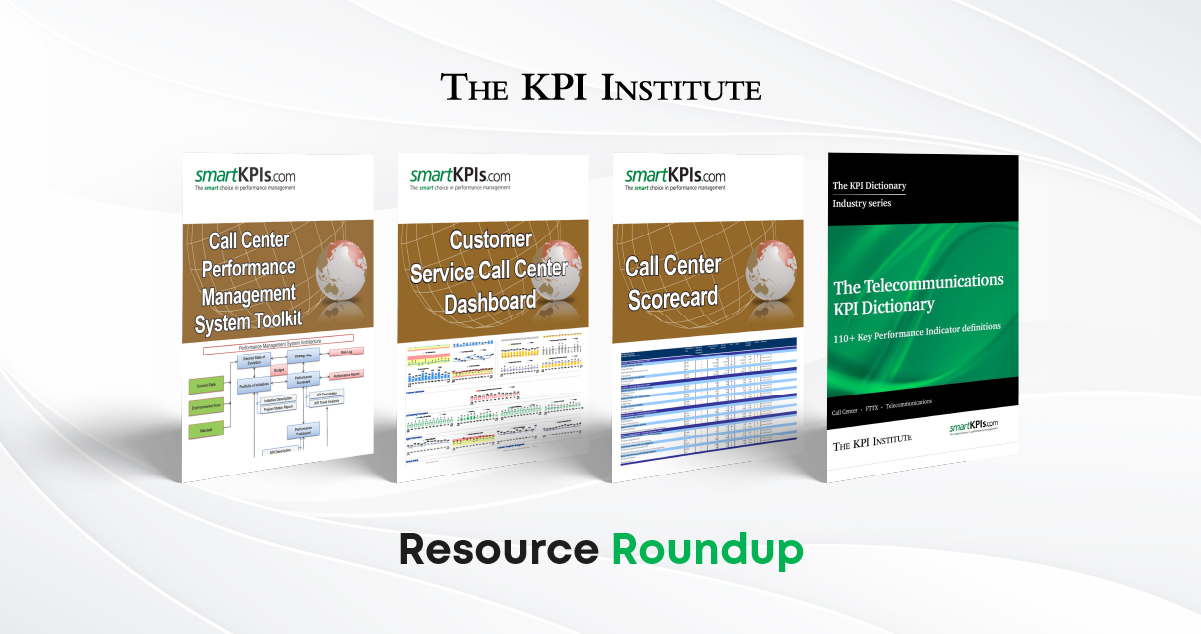
Around 67% of the world’s population, or 5.4 billion people, are now online, according to the International Telecommunication Union’s (ITU) report, “Facts and Figures 2023.” Apparently, the demand for high-speed Internet access is increasing, and the telecommunications industry should make sure that its infrastructure can handle the growing usage without compromising quality.
But beyond infrastructure upgrades, it is important that organizations can effectively sustain their systems to constantly meet their goals and maintain reliable service for customers. One approach to achieve this is the implementation of performance measurement systems. This will allow organizations to gather data on network efficiency, easily identify bottlenecks, make well-informed decisions regarding infrastructure investments, and most of all, deliver better customer service.
Providing leaders, professionals, and the broader business community with essential knowledge and resources, The KPI Institute (TKI) curates a collection of diverse learning materials and opportunities in strategy and performance management and adjacent fields every month. Some of these resources, while released years ago, remain highly relevant due to their timeless principles and adaptability to changing business dynamics as well as their enduring value and insights for today’s challenges.
This month, TKI is pleased to present comprehensive, research-based resources focusing on telecommunications.
Articles (FREE): Explore these featured articles from Performance Magazine:
- $ Telecom subscriber acquisition cost
- % Call setup success rate (CSSR)
- Verizon Communications and the HR Balanced Scorecard
- Decision-Making: An Applied Case of Problem-Analysis and Solutions Finding
The Telecommunications KPI Dictionary: The key performance indicator (KPI) taxonomy used in this dictionary covers all major functions of the telecommunications industry, such as call center and telecommunications. The content covers establishing a robust workforce, improving people policies, practices, and systems, ensuring that the financial and operational telecom models meet their goals, and providing information on the quality of inbound and outbound calls.
Call Center Scorecard: This represents a catalogue of the KPIs used by the call center in order to manage and measure its strategic performance. The KPIs are grouped in the four traditional perspectives of the balanced scorecard, each containing objectives and KPIs that describe and assess the performance of the organization.
Call Center Performance Management System Toolkit: Featured here is a visual snapshot of the overall system for managing and measuring performance within the call center, including the system tools and processes and the connections between them.
Customer Service Call Center Dashboard: This is designed for managing and measuring performance of inbound call centers. The tool contains a repository of the most relevant and widely spread KPIs in the call center industry. While pre-populated with KPIs and other relevant data, this template can be customized for the specific needs of your organization. A Customer Service Call Center Dashboard Administrator Guide is also included with each purchase to make template customization an easy process.

